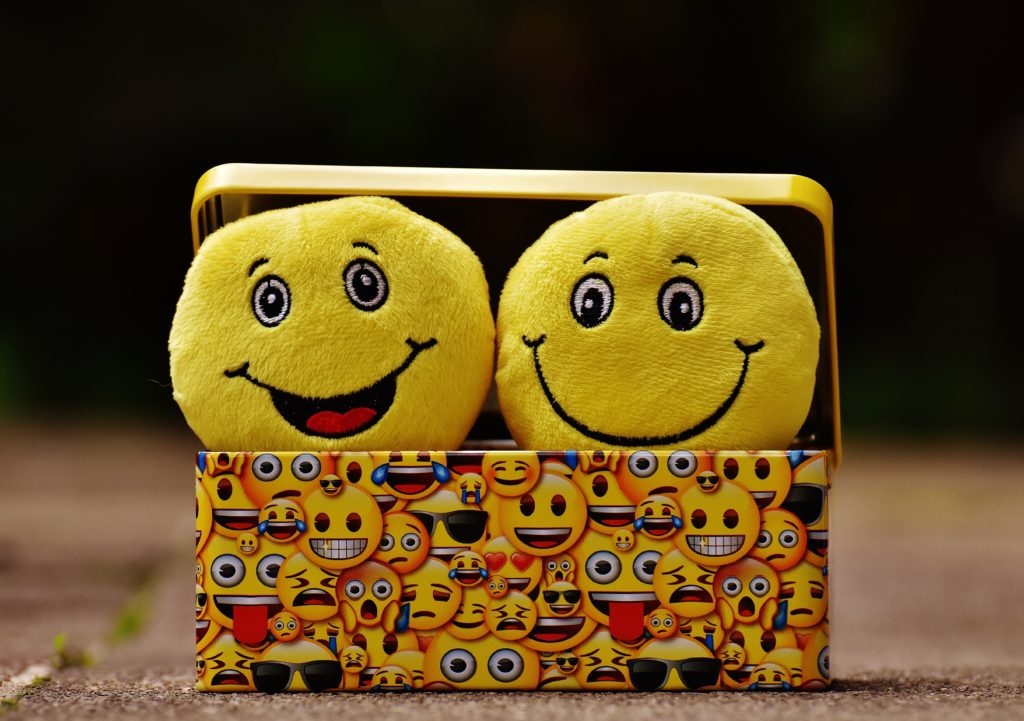Our bodies are constantly using and losing water! Even while we sleep water is especially being used to power our immune system and metabolism to carry out all types of cellular processes. Water has a profound impact on your brain because your brain is made up of mostly water. Even being slightly dehydrated can negatively impact the function of your brain such as lack of focus, fatigue, poor memory, and a reduced ability to have sharp and clear thinking. It plays a huge part in aging and our risk for chronic disease!
Did you know that 99% of the molecules in your body are water?
Water as an overall percentage is about 50 to 70 percent of your body weight. Your blood is 85% water, your muscle is 80% water, your brain is 75% water and even your bones are 25% water which shows the importance water plays in your health.
Your body needs water for blood circulation, metabolism, regulation of body temperature and waste toxin removal. Hydration is not just about intake but also the most important way to detoxify and get rid of waste through the skin by sweating, through the stool and through urine. This is something that should be happening on a consistent basis to be optimally healthy.
Water carries energy and responds to it. That is why staying hydrated is the number one key to optimal health. The key is to get the water into the cell! Ultimately you have indicators to tell if your mood, performance, and cognitive function will suffer.
- Your level of thirst can be a day to day guide although if you are thirsty it is already too late. If you feel fatigue and brain fog this can be the first easy indicator you are dehydrated. When you are dehydrated your brain actually shrinks in size and your neurons require water to fire and communicate and that system (the glymphatic system needs water) just losing 1 to 2 % of water can affect the brain’s ability to function. If it is not getting enough water it can not communicate with the rest of the body.
- The color of your urine can be influenced by medications, supplements but overall if it is deep dark yellow you are likely not drinking enough water.
Although the color of your urine does not necessarily translate to the amount of intracellular water and hydration, it is one easy indicator to follow. Pale, light yellow urine is key, along with the volume of your urine. If you are not urinating every 2 ½ to 3 hours when you are awake, you are not drinking enough.
PROPER HYDRATION IS MORE THAN DRINKING WATER! You absolutely need electrolytes (sodium, magnesium, potassium and calcium to be able to bring water into the cell. On average we are at least 60% water and 40% of that is inside of our cells. Water helps to keep our cell shape and structure, it’s where almost every metabolic process takes place. So when we drink water all day long but there is not a proper electrolyte balance, it will not get into our cells and that is crucial for actual hydration.
One way to avoid nighttime bathroom trips is to “frontload” the majority of your water in the morning and avoid doing anything but sipping as needed a few hours before bed.
Try at least in the morning to front load your water and make sure to add electrolytes to it.
Easy Ways to Stay hydrated:
- We should eat more plant foods to stay hydrated such as green leafy vegetables,green juices, cucumbers, celery, watermelon, and berries have a lot of water content! Cucumbers are 96% water. You can also have 1 to 2 Tablespoons Chia seeds. When placed in water they form a gel around them which helps to maintain hydration longer.Eating foods like these are in the purest form and the water is driven into the cell.
- Avoid sugar and glucose increasing products. For example sports drinks and electrolytes packets that have sugar are dehydrating. You also have to add back more water when drinking caffeine or alcohol.
- On average the baseline of how much water you need daily is approximately 50% of your body weight in ounces of water. For example if you weigh 160 pounds, your water needs are in the range of 80 ounces a day. This will be increased with intense exercise or being out on a hot day.
Hydration Protocol:
- When you first wake up, start drinking 16 ounces of filtered water and add ¼ teaspoon of Redman’s Real salt electrolytes before you have any caffeine. You can do this more than once.
- Drink 16 more ounces with lemon overtime in-between meals so that you do not dilute your digestive process taking place with food.
- You can then focus on the listed hydrating foods and continue to drink the balance of your remaining water throughout the day.
- Exercise and movement transfer the water around in your tissues due to fascia working as a hydraulic pump.
Please message me on social media, visit my website www.kimshackleford.com or email me at kimshacknutrition@gmail.com if you need help!
#drinkingwater #nutritionaltherapy # detoxification #lymphaticsystem #holistichealth #holistichealthandwellness #healing #healthylifestyle #healthyliving #wellness #hydration #purewater #cellularhydration #hydrate #drinkwater #minerals #electrolytes #drinkmorewater







